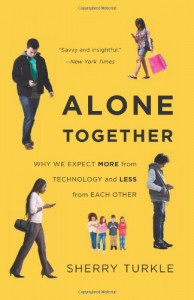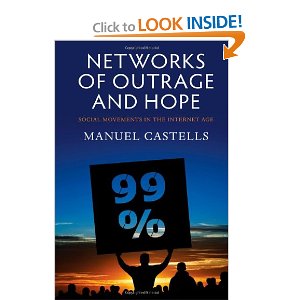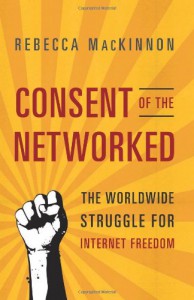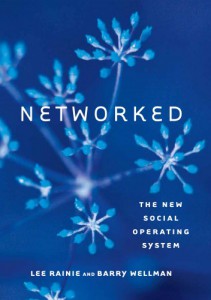5.0 out of 5 stars No robot could have written this February 16, 2011
Diana Senechal
That was one of my thoughts as I read Sherry Turkle's Alone Together: no matter what robots learn to do, they will never learn to write a book as thoughtful, informative, and intense as Alone Together. They would not know how to pose the questions, let alone use such discernment in addressing them.
It is interesting that Turkle chose to discuss robots in the first part of the book and the Internet in the second part. By presenting the “strange” part first, she gives us a sense of how strange our everyday lives actually are, how far we have moved away from enjoying each other's presence.
Turkle quotes children and adults who hesitate to use the phone because it seems awkward and intrusive; it is much easier, they say, to dash off a text or email. At the same time, Turkle points out, because of this very convenience, people expect quick responses. She describes the anxiety of teenagers when they do not get an immediate reply to their text messages. One girl talks about needing her cell phone for “emergencies”; it turns out that what she means by “emergency” is having a feeling without being able to share it.
Turkle shows how our Internet communications mix the deliberate with the unconsidered. On the one hand, people put great effort even into short email messages. On the other, they “test” ideas and expressions in formation to see how others react. Some create fake online profiles just to try out different sides of their personality. The problem with such experimentation is that it is conditioned almost entirely by online reactions, often reactions of strangers. There is little room to form thoughts independently.








